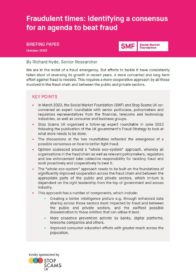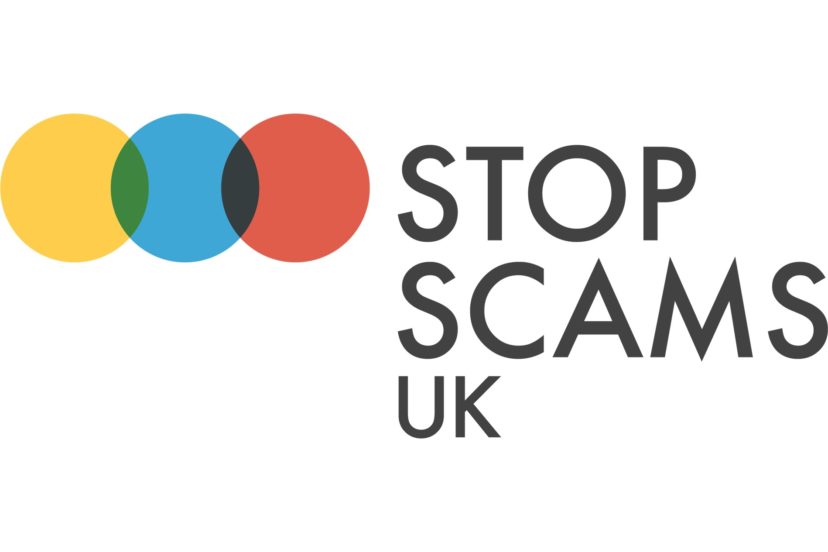We are in the midst of a fraud emergency, but efforts to tackle it have consistently fallen short of reversing its growth in recent years. This report argues that a more concerted and long-term effort against fraud is needed, requiring a “whole eco-system” approach based around extensive cooperation by all those involved in the fraud chain and between the public and private sectors.
KEY POINTS
- There is a growing consensus that any effort to tackle fraud must take a “whole eco-system” approach, where all organisations in the fraud chain and relevant public sector bodies take collective responsibility and cooperate to address the problem proactively. Such an approach can only be implemented if there is prioritisation of fraud as a result of stronger leadership from the top of government and across industry and sufficient resourcing.
- Features of such a “whole eco-system” approach include:
- The creation of a better intelligence picture through enhanced and accelerated data sharing among private-sector organisations and between the public and private sectors.
- More proactive prevention activity by banks, digital platforms, telecoms companies and others.
- Improved consumer education efforts with greater reach across the population.
- Making the “whole eco-system” approach a reality would mean overcoming obstacles such as:
- The low prioritisation of fraud and the siloed nature of many current counter-fraud efforts.
- Inadequate data and intelligence-sharing capabilities and the cost of the investments required to put in place the infrastructure for such cooperation.
- Legal obstacles that inhibit data sharing on the scale, speed and depth that is required.
- Criminals’ adaptability and ability to exploit new technologies to keep them ahead of the organisations pursuing them.
AREAS FOR ACTION BY POLICYMAKERS
- Encourage and facilitate improved coordination of the industry response to fraud to help organisations take more concerted anti-fraud action.
- Increase consumer understanding of fraud and encourage greater levels of “fraud hygiene” among the public.
- Build a more accurate picture of the fraud threat to inform better policymaking.
- Anticipate and get ahead of new and emerging fraud threats.

DOWNLOAD THE REPORT: PDF
Kindly sponsored by

